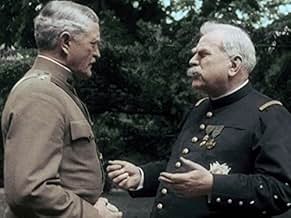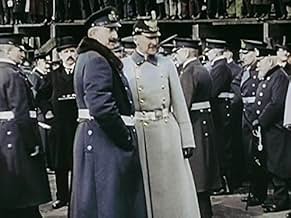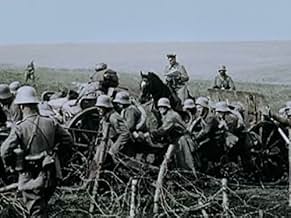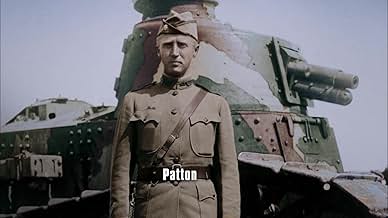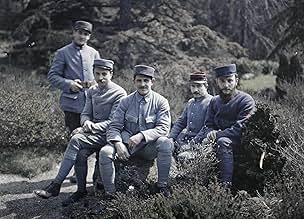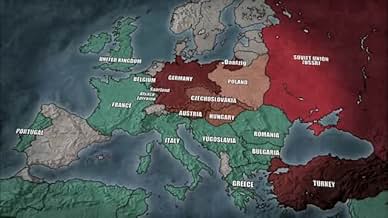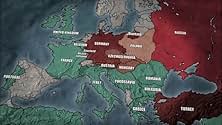First of all, I have to say this is definitely the best WW1 documentary I have seen, not just because it's in color, but also because it brings a fresh view on such an old topic. The whole documentary is built upon a cause-and-effect logic, which I really appreciated and this is valid especially when analyzing how a seemingly tranquil and prosperous Europe was suddenly plunged into the chaos and nightmare of a world war. Furthermore, I was happy to see the documentary also talks about the less glorious aspects of the war (such as the mutiny of soldiers, especially in the French army) and that it includes information about less known theaters like Turkey and the Pacific.
On the downside, however, the main weakness of the documentary is that it is dis-proportionally focused on the Western front, possibly creating the impression that the other fronts were just side-shows and that the whole war was just a crawl through the muddy trenches. This is absolutely not the case especially for the Eastern Front, where an even higher number of casualties than on the Western Front occurred and where the large spaces offered opportunity for wars of maneuver, unlike the trench warfare predominant in the West.
In this respect, I was disappointed that the Russian Brusilov offensive of 1916, the greatest advance any army achieved during the war is not even mentioned. Furthermore, information is severely lacking for the following countries:
- Serbia: the only information about Serbia is that the Serbs initially stopped the Austrian offensive in 1914; absolutely nothing afterwards about its defeat and occupation by the Central Powers in 1915.
- Bulgaria: it is only mentioned that it joined the Central Powers, but there's not the slightest information about what happened afterwards and who they fought.
- Romania: I found it absolutely inexcusable that Romania is not mentioned even once during the 4 and a half hours of the documentary. Without saying a word about the fact that Romania had even entered the war, at the very end they say that among others some 200,000 Romanian soldiers died in the conflict. At this point even the most basic information is missing, for example on whose side Romania fought. It would have probably been useful to mention that the Germans had to relocate much needed divisions from the battle of Verdun the moment Romania entered the war in order to stabilize the front. In addition, the German conquest of half of Romania in 1916, an extraordinary feat of arms, which historian Michael Barrett named a "prelude to blitzkrieg", could have also been interesting to include.
I totally understand the need to focus on the main aspects of the war, but I think applying a principle of proportionality is preferable to overlooking some potentially relevant information. A few phrases would have been enough to give a general overview also on these aspects above.
To sum up, great documentary and analysis for the Western Front, but unfortunately it fails to cover some relevant aspects from the Eastern Front.


